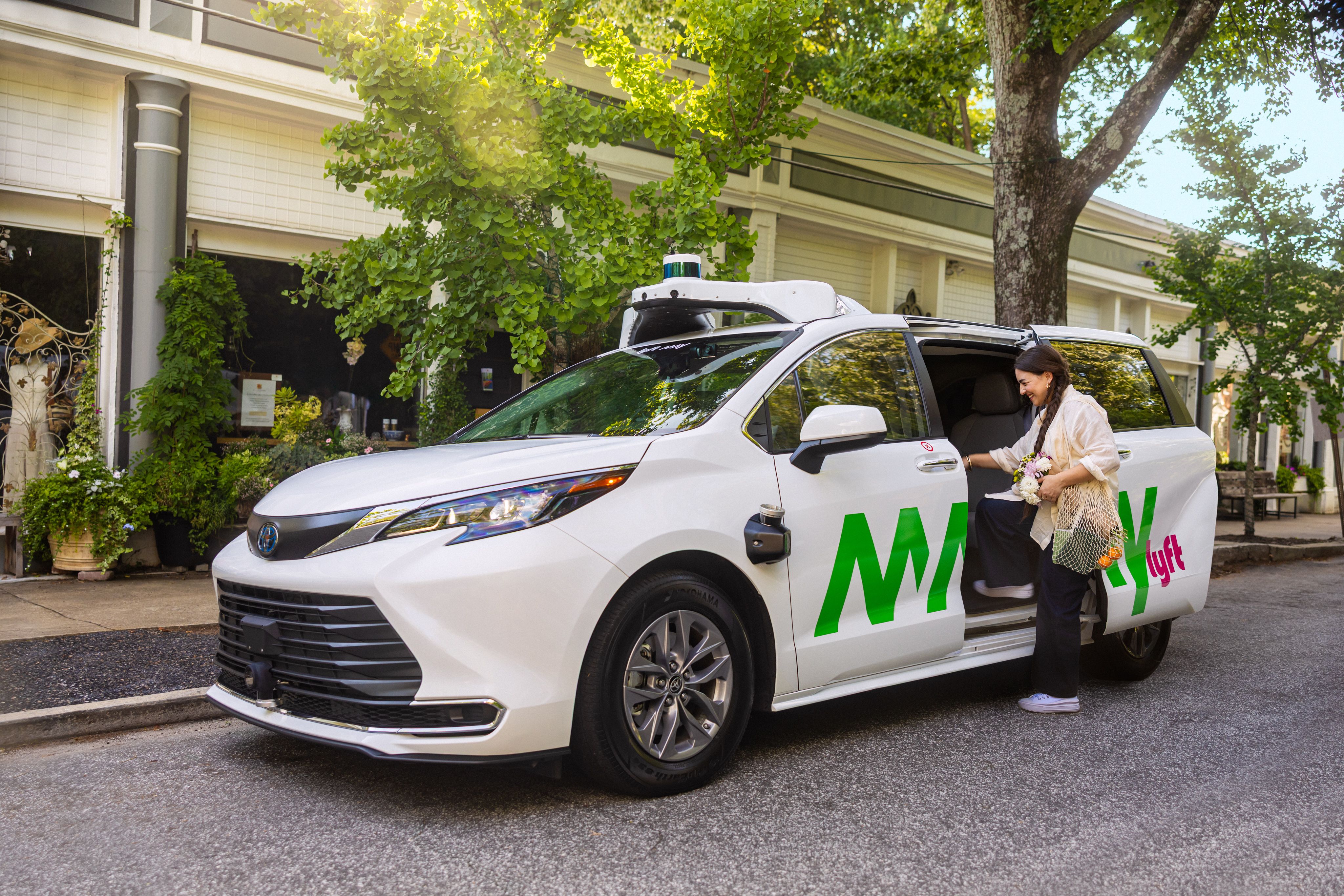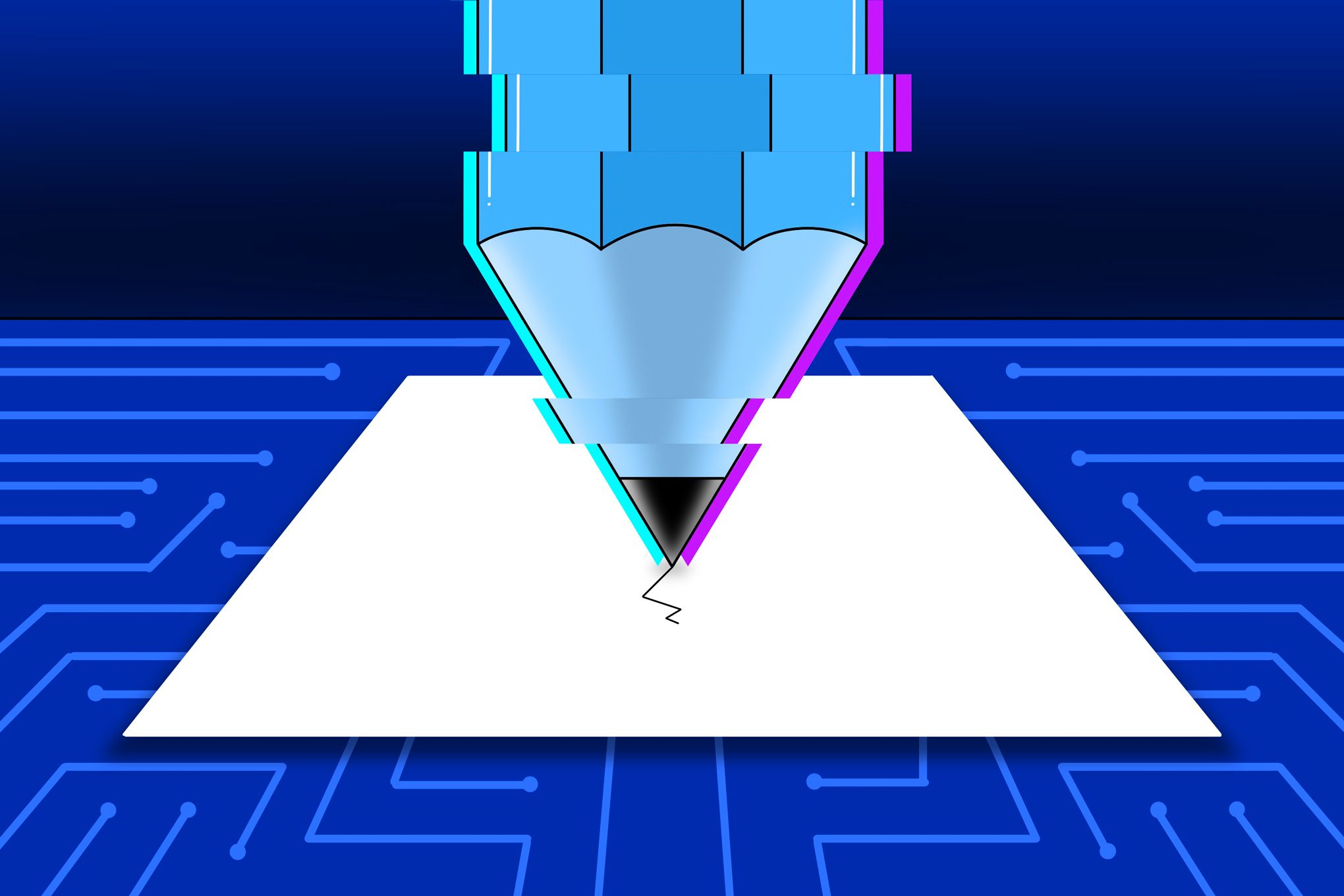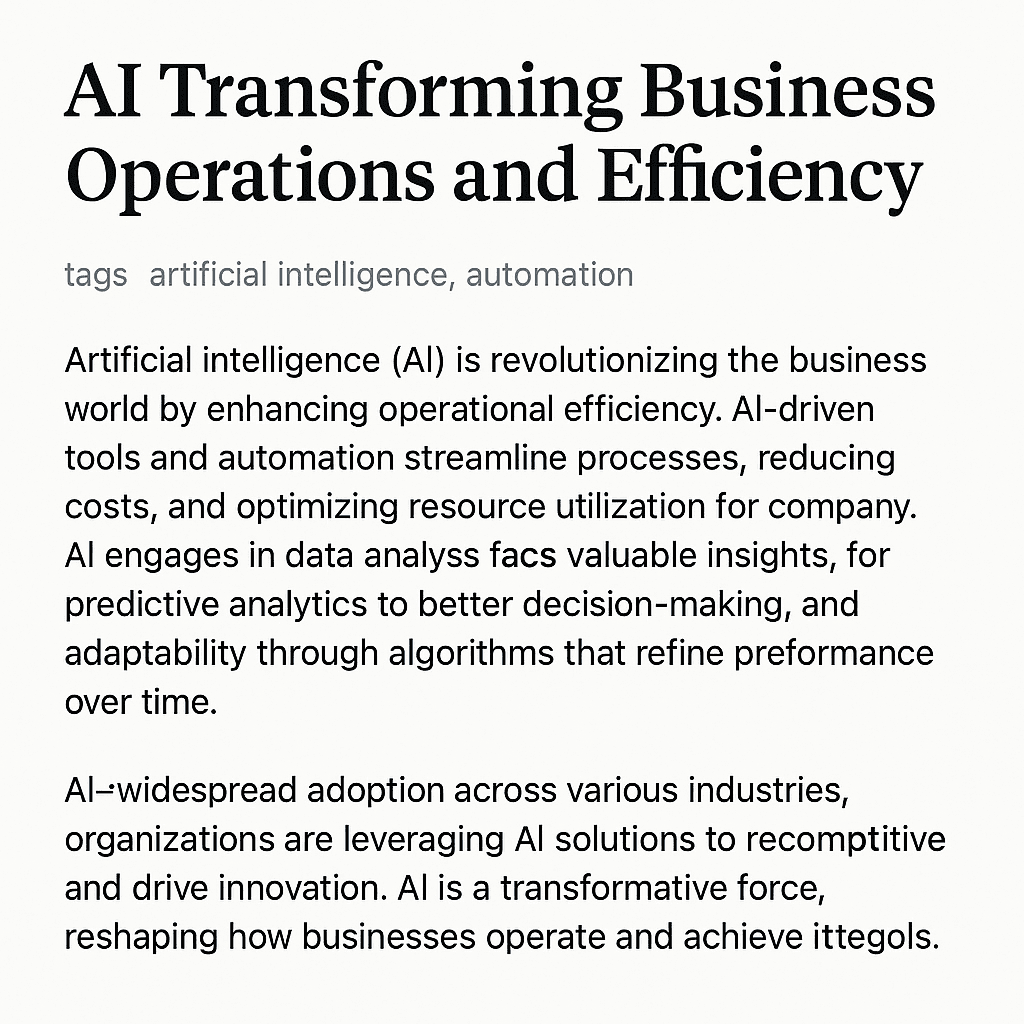Lyft just fired the opening shot in its robotaxi battle with Uber, launching its first commercial autonomous vehicle service in Atlanta through a partnership with May Mobility. The Toyota Sienna-based fleet covers a 7-square-mile service area in Midtown Atlanta, marking a major milestone for the rideshare company that's been playing catch-up in the autonomous vehicle space.
Lyft just made its biggest autonomous vehicle play yet, launching customer-ready robotaxis in Atlanta after months of watching rival Uber cut deals across the industry. The smaller rideshare company is finally ready to compete, rolling out Toyota Sienna minivans equipped with cameras, radar, and lidar sensors through a partnership with Ann Arbor-based May Mobility. The vehicles hit Atlanta streets today, operating across a 7-square-mile service area in Midtown where Lyft customers can opt into autonomous rides when available. It's the company's first commercial AV service in the US, representing a critical moment as rideshare giants battle for position in the autonomous future. May Mobility, backed by automotive heavyweights Toyota and BMW, brings proven experience to the partnership. The company's fleet strategy focuses on Toyota Sienna minivans loaded with sensor technology, a pragmatic approach that contrasts with some competitors' custom-built vehicles. The Atlanta deployment follows months of testing and represents May Mobility's expansion beyond its existing markets. But Lyft isn't rushing into fully autonomous operations. The vehicles feature what the company calls 'standby operators' - essentially safety drivers who can take manual control when needed. According to Lyft's press release, these operators will 'take the wheel and drive manually during initial trips, as needed, and will intervene less over time as service is optimized.' It's a cautious rollout that mirrors industry standards. Waymo used safety drivers during its early phases, while Tesla currently employs safety monitors in California and Texas markets. Only Waymo and Zoox operate fully driverless commercial services without human oversight. The Atlanta launch puts Lyft back in the autonomous vehicle race after years of strategic pivots. The company originally planned to develop its own self-driving technology but in 2021 for $550 million. Now it's pursuing an 'asset light' strategy, partnering with technology providers rather than building vehicles internally. This approach mirrors playbook of offering platform access to autonomous vehicle operators. Both companies want to avoid the massive capital requirements of owning and maintaining robot taxi fleets, instead focusing on connecting riders with self-driving services. The strategy makes financial sense but also creates dependency on technology partners. autonomous ambitions extend well beyond Atlanta. The company plans to in Dallas by 2026, with plans to scale to 'thousands' of vehicles across additional markets. A separate partnership with Benteler Mobility targets starting in late 2026. The timing couldn't be more crucial. has been aggressively signing autonomous vehicle partnerships, recently announcing deals with companies like Baidu for robotaxi services. The competition is intensifying as both platforms race to establish dominant positions before autonomous vehicles reach mainstream adoption. Industry analysts see the Atlanta launch as necessary response to first-mover advantage in autonomous partnerships. The success of this pilot could determine whether remains competitive in the post-human-driver era or gets left behind by more aggressive rivals.












